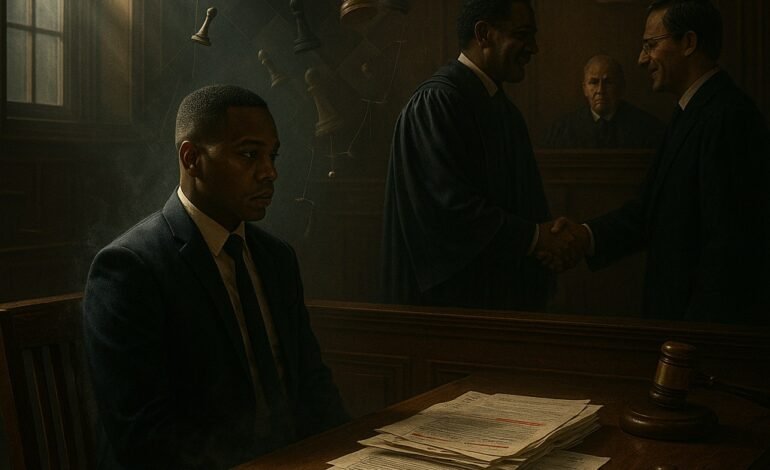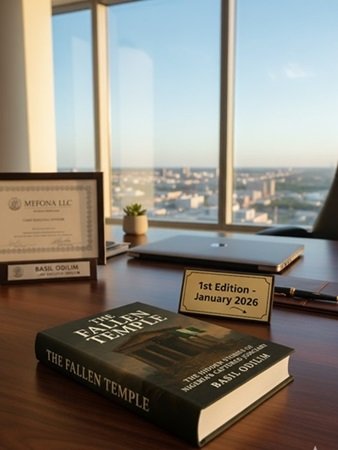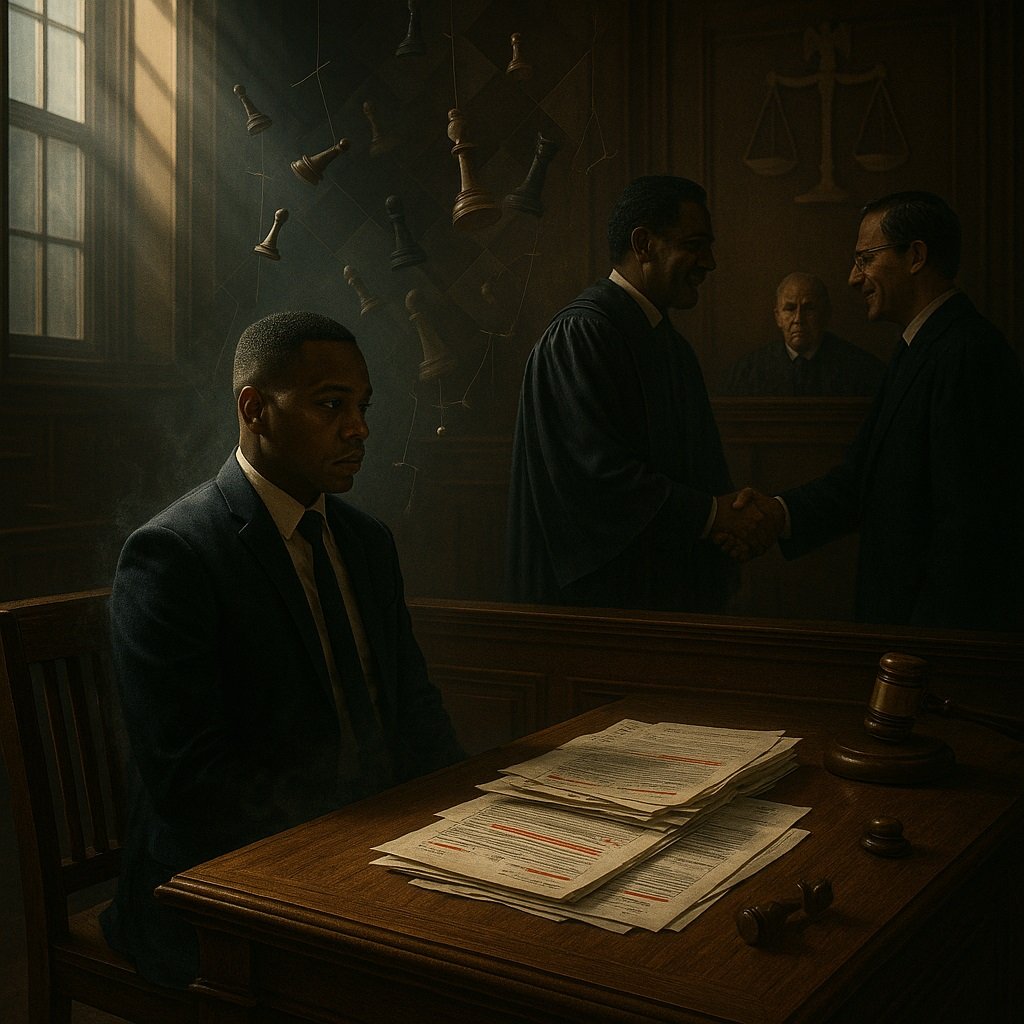The Silent Betrayal: How Good Cases Are Quietly Lost in Courtrooms

- PublishedJune 23, 2025
Basil Odilim
Smart lawyers know how to win—or how to make you lose. If your attorney decides to play for the other side while pretending to represent you, they can quietly craft the kind of legal loopholes your opponents will exploit with ease. That’s the hidden chess game few litigants ever see—until it’s far too late. You become, without knowing it, a dead man walking in the courtroom. And unless you yourself are a trained legal mind, you will never detect the betrayal until judgment is delivered—and the damage is irreversible.
One of the most painful truths about litigation is that most people don’t lose their cases because the law wasn’t on their side—they lose because they walked into court as if it were a house of prayer, not what it truly is: a ruthless battlefield governed by rules, strategy, and technical precision. Litigation is not a place where goodwill triumphs. It is a zero-sum game. Someone wins. Someone loses. In this arena, ignorance is not just dangerous—it is fatal.
Another common mistake litigants make—especially in countries with deeply entrenched institutional corruption like Nigeria—is placing blind faith in their attorneys. Yes, it is necessary to trust your legal counsel, but not blindly. Not in a system where favors attract favors, where courtrooms are sometimes theaters for pre-written scripts. If Senior Advocate of Nigeria status is dangled like a carrot, beware—your case could become the sacrificial lamb. For some lawyers, the promise of SANship comes only once in a lifetime; your case, however, is just another file on their desk.
This is why choosing a lawyer with both legal competence and moral integrity is not optional—it is foundational. No brilliance in legal argument can replace character. Of what use is an advocate who cannot be trusted, who sees your case as a mere stepping stone, and feels no sense of ethical responsibility toward you?
Moral obligation is the most expensive and rarest commodity in law practice. In a profession where outcomes can be influenced by unseen hands, you must anchor yourself to someone with fear of God and a deep respect for justice.
Also, if you truly want to avoid being defeated by technicalities, you must commit to learning the rules of the court yourself. Do not be passive. The court does not care how compelling your story is—it cares how strictly the rules were followed. Learn the procedure. Find the manual. Read it. Understand it. Make sure filings are made on time. Never allow statutes of limitation to quietly destroy your right to be heard.
Legal advocacy is both a science and an art. But most importantly, it is a fight. And in any fight, the first rule is simple: know your battleground, know your allies—and most of all, know the rules. Because knowing the rules, and choosing the right lawyer could save you from legal suicide.
Unfortunately, most litigants, once they assign their cases to an attorney, leave everything in their hands without asking the necessary questions. I was once a victim—and I learned my lesson the hard way. I will never make that mistake again.








